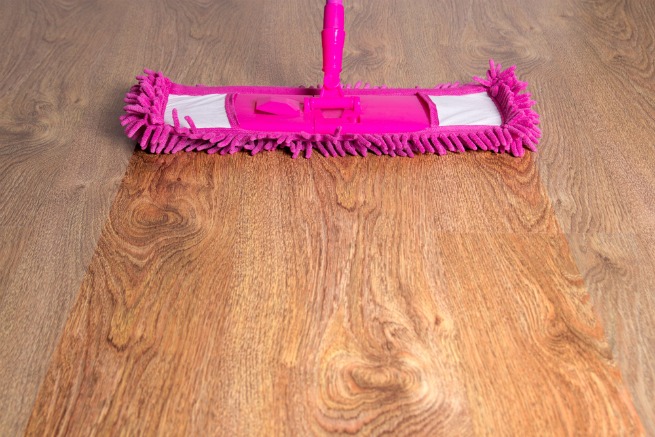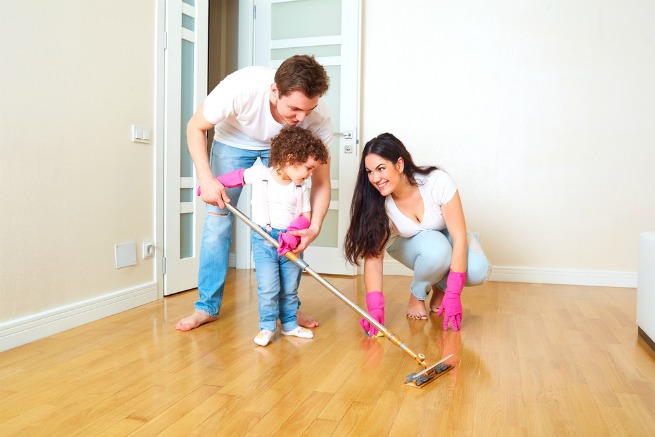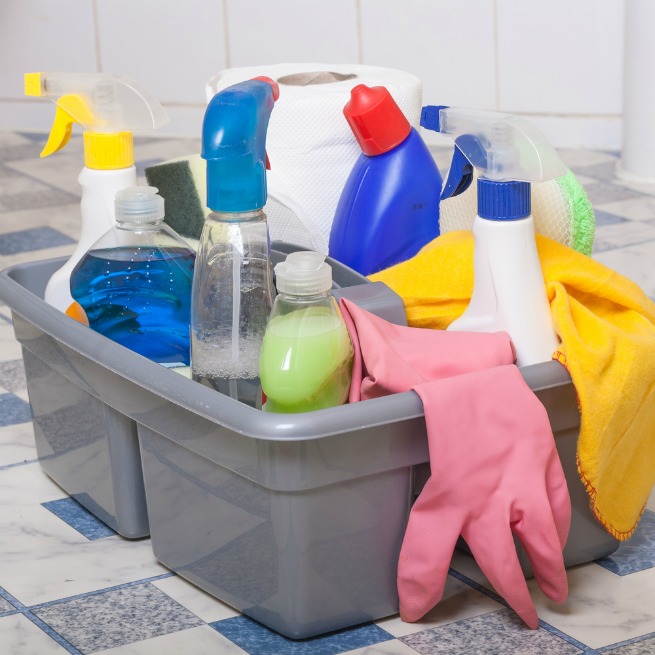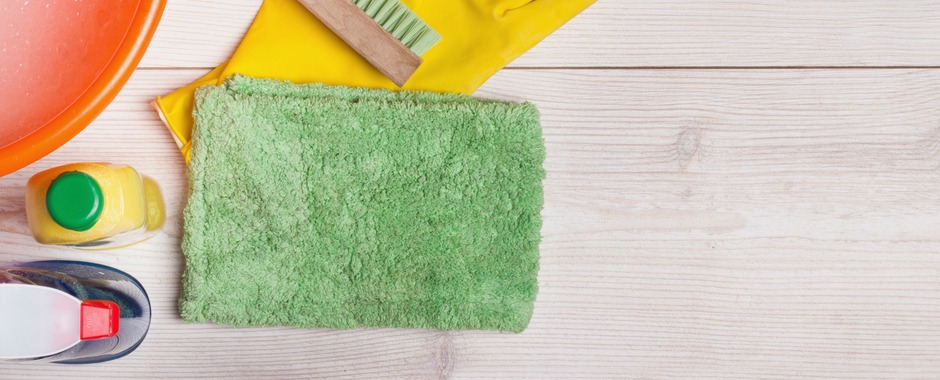Maintaining your floors to make sure they're as perfectly attractive as the day they were installed doesn't have to be an exact science. In fact, once you know how to look after the floors that you have in your home, you'll find that they last for years to come. To help keep your home aesthetic looking exactly like you wish, we've compiled a straightforward maintenance guide of the best floor cleaner for the various types of flooring featured in our homes.
Best floor cleaner for solid wood
Water-based cleaners are the most suitable for use on solid wood floors that have been secured with a watertight finish. It is essential that your solid wood floors have been properly finished with a waterproof coating before you begin applying water or water-based cleaners to its surface.
When using water and water-based cleaners to clean your solid wood floor we recommend you only use as much as is needed to remove the dirt. Take care to never saturate your floors as this will cause them to swell and warp.

Best floor cleaner for engineered wood
As with solid wood floors, engineered wood floors should not be cleaned with excessive amounts of water as this will cause them to swell and will damage the overall appearance of your floors.
You should also never use a steam cleaner on wooden floors. Instead, the best way to clean these types of floors is to simply brush and use a damp mop on them regularly to ensure they stay looking pristine.
Best floor cleaner for laminate
Laminate flooring is one of the easiest floors to maintain but there are certain methods and products you can use to clean it fast. When it comes to brushing and mopping your floors, use a microfibre mop, first dry and then dampened.

We would recommend dampening your microfibre mop with warm water and a cap full of white vinegar. Don't use too much moisture - instead, top up the amount of moisture on your mop as and when you need to. String and sponge mops are not the best cleaners for laminate floors as they leave streaky marks and hold more moisture. This can seep between gaps in laminate boards.
Best floor cleaner for vinyl
The best floor cleaner for vinyl flooring or luxury vinyl tiles is attention. To make sure your vinyl floors don't begin to suffer from ground-in dirt, act quickly to clean away any dust and dirt that you spot. Though vinyl is particularly hard-wearing and more water-resistant than other floors, this doesn't mean that it is completely watertight. In fact, a common mistake that vinyl owners make is to over saturate their floors.

This can cause the edges and corners of vinyl floors to lose their grip on the sub-floor, meaning they curl and then warp. Instead, use a damp mop and make sure you wring it out thoroughly. Another common problem with vinyl floors is scuffs. To remove these marks a cream cleaner or mixture of bicarbonate of soda and water should be sufficient and make your vinyl floors look as good as new.
We hope these tips on how to choose the best cleaner for your floors help. Let us know any tips or advice you have in the comments section.
